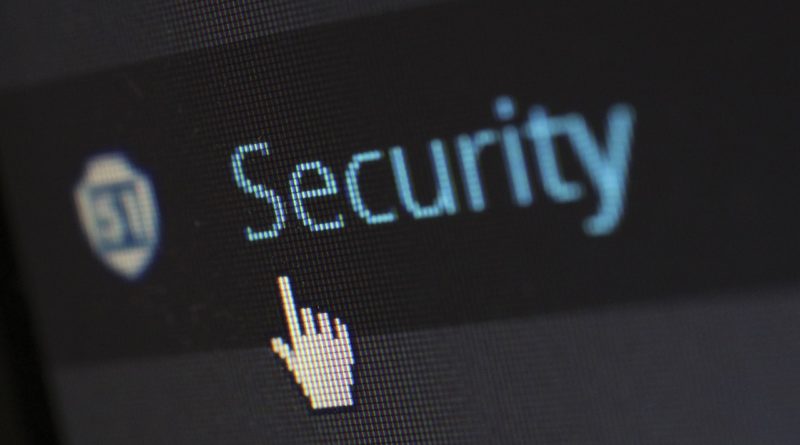How to Avoid Phishing Scams
A phishing scam is a type of online fraud that attempts to steal your personal information, such as passwords and credit card numbers. The scammer usually does this by sending an email that appears to come from a legitimate source, such as your bank or other financial institution. These emails typically contain links or attachments that lead you to a fraudulent website where you are then asked to provide confidential information.
Additionally, some phishing scams may also be spread through social media or malicious websites which may download malware onto your computer. To protect yourself against these deceptive schemes, it is important to understand the signs of a phishing scam and know how to avoid them. Here are some tips:
1. Look out for suspicious email requests:
Be aware of emails that appear to be from a legitimate source but actually contain links or requests for personal information. If you get an email asking you to confirm your password or credit card number, do not reply!
2. Check the URL carefully:
Always check the website address before entering any sensitive data. Legitimate websites should always begin with “https” and have a valid security certificate.
3. Do not click on unfamiliar links:
Links in emails may lead to malicious websites or download dangerous software onto your device. Therefore, it is important to only open emails from trusted sources and never click on unfamiliar links inside them.
4. Use two-factor authentication:
Two-factor authentication (2FA) is an additional layer of security that requires two different methods to prove your identity. For example, you may be asked to enter a username and password as well as receive a code sent to your phone or email before you can access an account. This helps ensure that only authorized users are able to gain access and prevents scammers from being able to hack into accounts.
It is important to always make sure that two-factor authentication is enabled on any online accounts where it is available, such as banking or email services. Additionally, it is also a good idea to set up two-factor authentication for any apps or websites that contain sensitive information about you.
5. Be aware of offers that seem too good to be true:
If you receive an email or message offering something that seems too good to be true, it is likely a phishing scam. Be vigilant and do not give out your personal information until you have verified the source.
6. Update your security software:
Make sure that your computer and mobile devices are running the latest versions of anti-virus and anti-malware software in order to protect yourself from malicious websites and downloads.
7. Invest in a managed IT provider:
If you are a business owner, it is important to invest in a managed IT provider who can help monitor your systems for any malicious activity. They can also help with security updates and other preventative measures to ensure that your data is safe.
Keep Your Information Secure
Following these tips can help you stay safe online and avoid phishing scams. It is important to remain vigilant and not take any risks when it comes to protecting your personal information. If you ever have any doubts about an email or website, do not hesitate to contact the company directly for verification before responding or providing any information. Doing so can help ensure your safety and keep your information secure.




